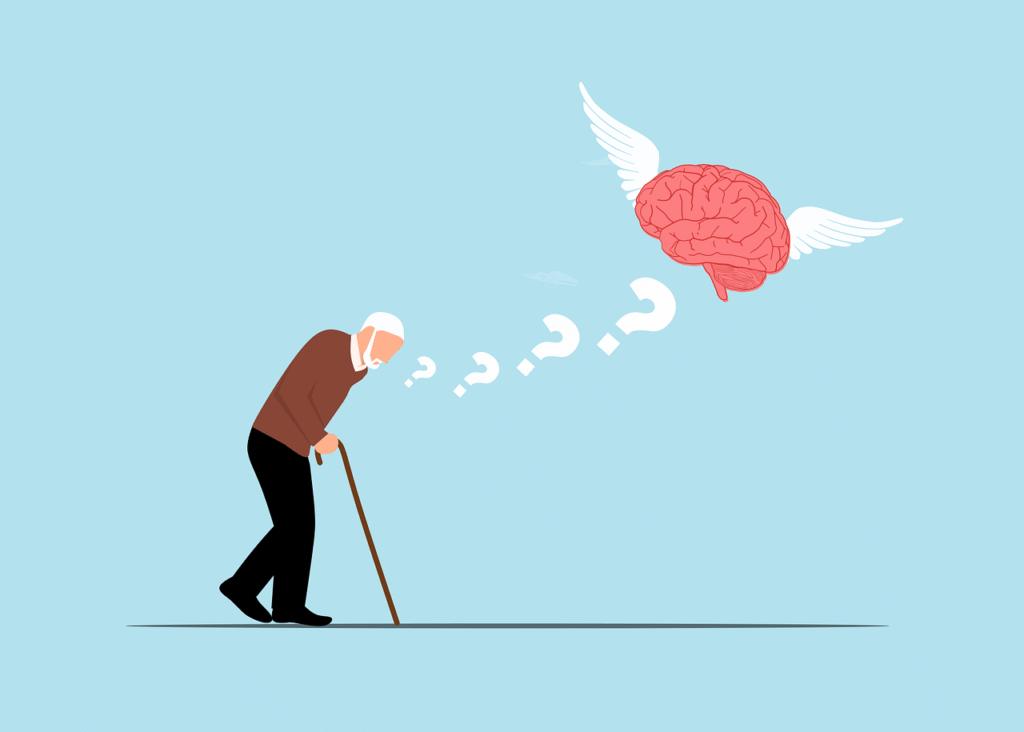What to Do When Overthinking Strikes? Psychology Explains

You may do thousands of things a day, interact with people, make decisions, and try to achieve goals. But in the meantime, a thought suddenly enters your head. It could be ‘Am I doing the right thing?’ or ‘What if something bad happens in the future?’ This thought gives rise to another thought, then another, and thus the whole mind starts racing with thoughts.
Psychologists call this problem Overthinking or excessive worry. It has a negative impact on people’s confidence, sleep, performance, and even relationships.
In this article, we will learn:
What is excessive worry?
Its causes and symptoms
And most importantly, 10 effective psychological ways that will help you get rid of worry.
What is excessive worry and why does it happen?
Excessive worry is a mental state in which the brain thinks about a certain issue repeatedly, even without any real solution to it. These thoughts can be based on reality or future fears.
Examples:
“What if tomorrow’s presentation is bad?”
“What if he or she dislikes me?”
“What if I fail in the future?”
Studies have shown:
According to Harvard Medical School, overthinking has a direct negative impact on long-term stress, sleep disruption, and decision-making ability.
Symptoms of excessive worry:
Repeatedly thinking the same thoughts.
Regrets about the past or fears about the future.
Trouble sleeping.
Indecision.
Fear of being alone.
Physical symptoms such as headaches, dry throat, stomach problems.
10 effective tips based on psychology
1. Write down your thoughts
How it works:
Thoughts grow when you keep them in your mind, but when you put them down on paper, you will see how unrealistic and pointless they are.
Tips:
Write for 10 minutes every night
Write “What am I thinking about?”, “Why am I doing this?”, “What can be the solution to this?”
2. Set a specific time for thinking
Thinking all day increases it. Psychologists say, set a specific time in the day as ‘thinking time’.
Example:
Set aside 15 minutes every evening at 6 pm just to think. The rest of the time, whenever thoughts come, tell yourself, “I’ll think about it later.”
3. Stop asking “what if” questions
“What if I make a mistake?”, “What if someone dislikes me?”, “What if I fail?”—all these “what if” questions are the main fuel for anxiety.
Things to do:
Ask yourself, “Is there any evidence behind this thought?”
Alternatively, think: “I’m trying, and that’s enough.”
4. Keep your body active
Not only taking care of your mind, but your body also plays an important role in reducing anxiety.
Exercise releases endorphins in the brain, which make you feel good.
Things you can do:
Walk for 30 minutes every day
Yoga
Deep breathing exercises.
5. Mindfulness or meditation
Meditation or mindfulness connects our brain to the present, reducing fear of the future or regrets of the past.
Practical way:
Close your eyes and focus on your breathing for 5-10 minutes a day.
You can listen to Guided Meditation on YouTube or Calm, Headspace apps.
6. Keep yourself busy
Keeping yourself busy with a task or hobby is very effective during times of anxiety.
Examples:
Reading books
Drawing
Plant care
Volunteer work
7. Reality check
Worry is often based on imagination. What is the basis for what you are thinking?
Ask questions:
“What is the factual evidence for this thought?”
“Has this happened before?”
“What will I do if the worst happens?”
8. Help from a therapist or counselor
If your thoughts start to affect your work, sleep, or relationships, don’t hesitate to seek professional help.
How therapy helps:
Helps you identify thought patterns.
Teach realistic strategies.
Increases confidence and concentration.
9. Get enough sleep
Lack of sleep increases cortisol (the stress hormone) in the brain, which increases anxiety.
Tips:
Go to bed at the same time every day.
Turn off screens before bed.
Do light meditation or read a book before bed.
10. The importance of nutritious food and water
Your brain can’t think well if the body doesn’t get the right nutrients.
What you can do:
Stay hydrated (8-10 glasses of water/day).
Try to eat foods rich in Omega-3, B-vitamins, magnesium (such as nuts, vegetables, fish)
Long-term effects of excessive worry
Decision paralysis
Relationship conflict
Panic disorder
Chronic insomnia
Digestive issues
Productivity loss.
Question: Can you stop thinking right now and take a breath?
Last words
Thinking helps us solve problems. But when it is excessive, it causes disaster. It is possible to stop your thinking by practicing the right habits and mental techniques. Your mind is your asset. Love it, take care of it. Start today. You can share any of your opinions here.
- Category : Self-Development
- Author : Tuhin Bin Alamgir



